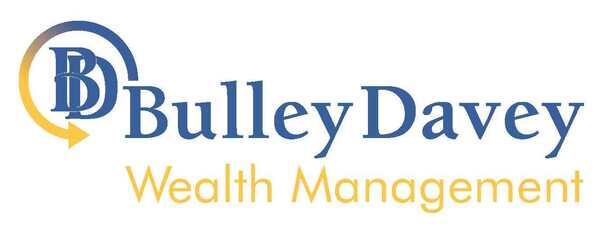With the basic state pension sitting at £175.20 a week in 2020/21, or £9,110.40 a year, most working adults in the UK should have retirement planning on their minds.
If you’re running your own business, setting up a pension scheme is one of the best things you can do to finance your retirement, and it also comes with tax advantages for limited companies.
What are the benefits of a pension scheme?
Pensions are not always popular with business owners, resulting in a third (35%) of Brits revealing that they do not have a pension.
According to a 2018 report in the Financial Times, 36% of people surveyed said they did not know how much was in their retirement pot and 48% of people aged 54 to 74 claimed they didn’t know how much they ought to have saved for retirement.
Many business owners rely on the assumption that they’ll sell their company in the future to fund their retirement, instead of investing their finances into a pension pot, but this means missing out on benefits that could make a huge difference in the future.
Because the UK Government wants people to save for their later life, saving for retirement comes with significant tax benefits.
If you are a UK taxpayer, the standard rule is that you should get tax relief on pension contributions of up to 100% of your earnings, or a £40,000 annual allowance, depending on which is lower.
Any contributions made over the £40,000 limit will not be eligible for tax relief, but will be added to your other income and may be subject to income tax.
However, if you own a limited company, pension contributions are seen as an allowable business expense, resulting in a likely reduction in your company’s corporation tax bill.
Like any business expense, to take advantage of this opportunity, pension contributions need to be made ‘wholly and exclusively’ for the purpose of the business.
According to HMRC, pension contributions will normally pass the wholly and exclusively test, resulting in tax relief, unless there is a non-trade purpose, which will result in a restriction of tax relief.
If you are planning to sell your business to fund your retirement, making the most out of the tax relief is wise, as it can help to reduce capital gains tax when your company eventually sells.
Planning for the future
Many businesses owners understandably prioritise investing in their own company but it’s not without risks.
With everything going on this year highlighting the unpredictability of not only the UK economy but life in general, it’s proof that you never know what is around the corner and what the future holds for your business.
For example, the economy may go against you, despite your best efforts. If that happens, and you do not have a pension or any other investments to fall back on, you are jeopardizing your future lifestyle.
The questions you need to ask yourself are: what if I get ill in the future? What if I need to sell my business earlier than planned? Or for less than expected?
With a pension plan, you would be less vulnerable to unexpected changes.
When can I start withdrawing from my pension pot?
In most cases, you can start withdrawing from your retirement pot at the age of 55.
Withdrawing your money earlier can help you retire early as well as top up your income in a time of need.
However, you should take specialist advice if you plan to keep working whilst drawing a pension.
For more information or to discuss your options, give us a call on 01775 718850 or email bdwmadmin@bulleydavey.co.uk
